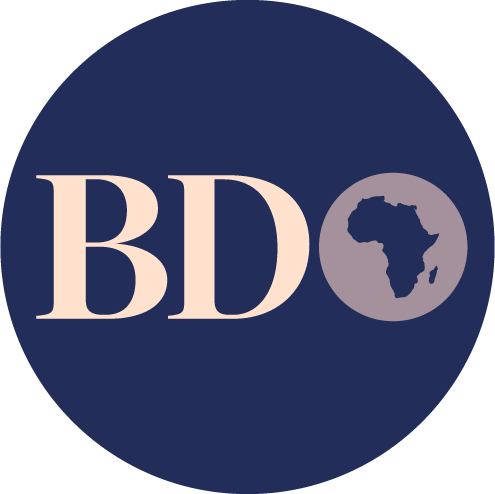Cheryl’s love for immunology started with an allergic reaction to grass.
Playing out at a tender age, she almost lost her legs.
Born preterm, Cheryl grew up as sickly child, and although she was an introvert, she enjoyed experimenting with things.
“To understand the grass allergies, I asked my dad to buy me books on immunology so as to learn the science behind it,” says Cheryl, who now holds a Master’s degree in molecular immune-oncology and biotech engineering as well as a certificate in human experimental research.
"“My work is being used as a platform for asthma research, which affects more than 300 million people worldwide.”"
Years later, her early start in understanding the immune system paid off.
“In 2016, my original gene discovery work was published by the Journal of Biological Chemistry,” she says.
She discovered an altered gene that causes a rare life-threatening disease, idiopathic pulmonary fibrosis, a lung condition that has no cure and is difficult to diagnose.
“My work is being used as a platform for asthma research, which affects more than 300 million people worldwide,” she says.
Working in a rare field, the medical practitioner, who is licensed to practice both in Kenya and the UK, says books such the “Originals: How Non-Conformists Move the World” by Adam Grant and
“Outliers” by Malcolm Gladwell, which she read when she was still young moulded her.
Besides the ground-breaking work, Cheryl also co-authored the first breast cancer care registry in Kenya.
“I wanted to know if the cancer drugs we are using, developed and tested in Europe, made sense; if our breast cancer patients have the same genetic profiling,” she says.
Cheryl, who has also studied public policy at the University of Cambridge in the UK, was part of the team that conducted the Ebola vaccine clinical trials on African children.
“It was challenging. There was the issue of me, a young woman, dealing with people in authority, which is not well-received for cultural reasons.
Another challenge was convincing the communities to do the vaccine trials,” she says.
Following the completion of her last project, Cheryl now spends her time volunteering at a shelter for children who are victims of trafficking.
-Doreen Wainainah

